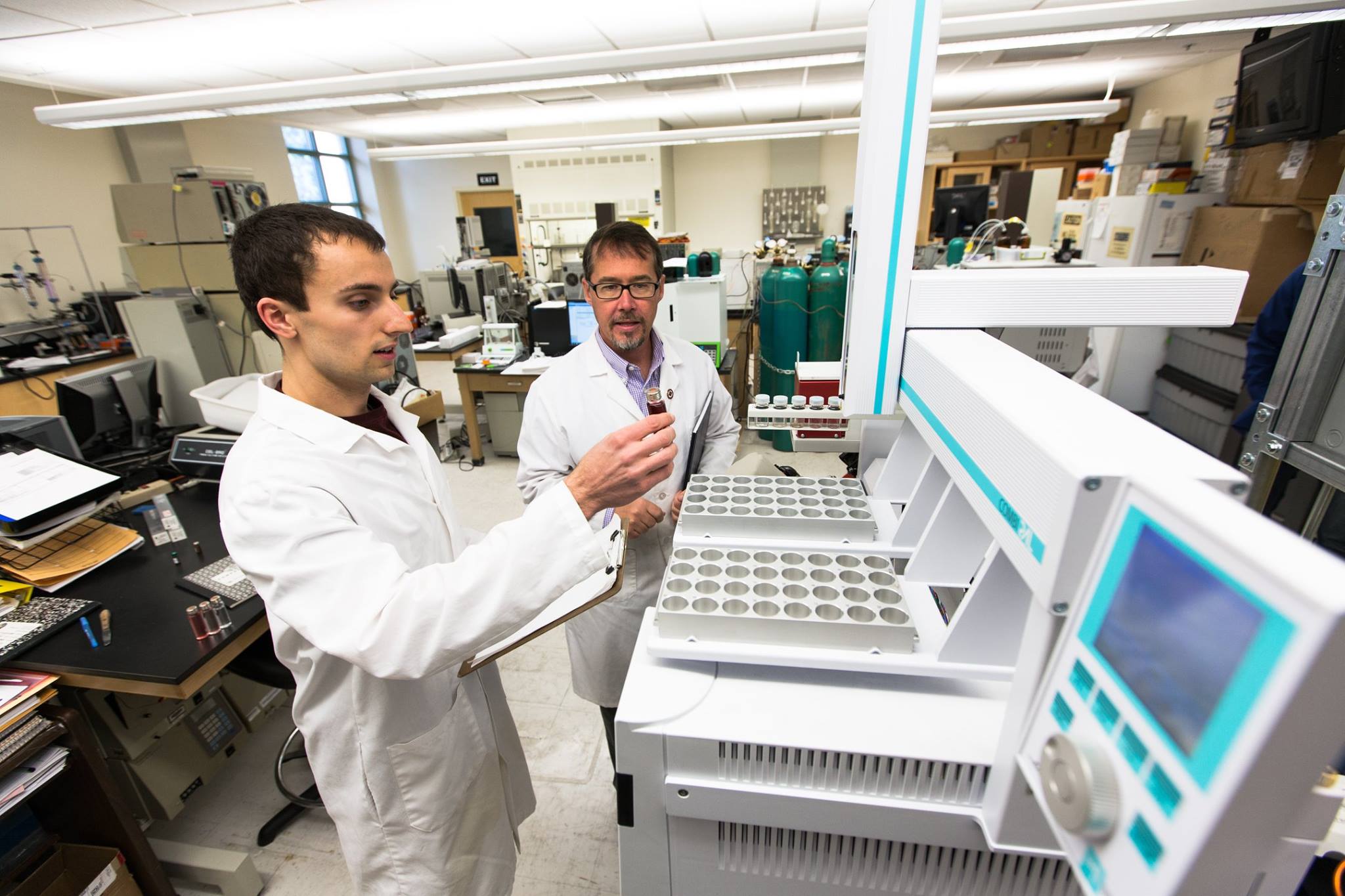 The goal of the MARC program is to develop a diverse pool of undergraduates who complete their baccalaureate degree, and transition into and complete biomedical, research-focused higher degree programs (e.g., Ph.D. or M.D./Ph.D.). The long-term goal is to develop a diverse pool of well-trained biomedical scientists, who have the following technical, operational, and professional skills:
The goal of the MARC program is to develop a diverse pool of undergraduates who complete their baccalaureate degree, and transition into and complete biomedical, research-focused higher degree programs (e.g., Ph.D. or M.D./Ph.D.). The long-term goal is to develop a diverse pool of well-trained biomedical scientists, who have the following technical, operational, and professional skills:
- A broad understanding across biomedical disciplines and the skills to independently acquire the knowledge needed to advance their chosen fields;
- The ability to think critically and independently, and to identify important biomedical research questions and approaches that push forward the boundaries of their areas of study;
- A strong foundation in scientific reasoning, rigorous research design, experimental methods, quantitative and computational approaches, and data analysis and interpretation;
- A commitment to approaching and conducting biomedical research responsibly, ethically, and with integrity;
- Experience initiating, conducting, interpreting, and presenting rigorous and reproducible biomedical research with increasing self-direction;
- The ability to work effectively in teams with colleagues from a variety of cultural and scientific backgrounds, and to promote inclusive and supportive scientific research environments;
- The skills to teach and communicate scientific research methodologies and findings to a wide variety of audiences (e.g., discipline-specific, across disciplines, and the public); and
- The knowledge, professional skills and experiences required to identify and transition into careers in the biomedical research workforce (i.e., the breadth of careers that sustain biomedical research in areas that are relevant to the NIH mission).
MARC institutions select the trainees to be supported. Trainees must be research-oriented students majoring in the biomedical sciences who have expressed interest in pursuing postgraduate education leading to the Ph.D., M.D.-Ph.D. or other combined professional degree-Ph.D. in these fields upon completing their baccalaureate degree.
Quoted from the NIH MARC Website
.








